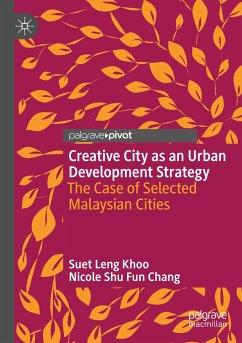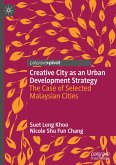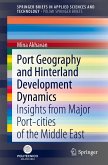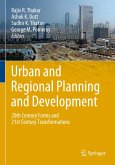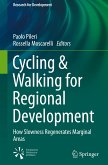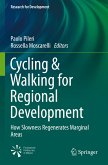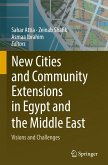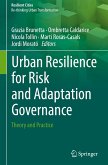This book is a pioneering work to position the creative city concept within Malaysian urban development discourse. The chapters are written and systematically sequenced to be all-encompassing and comprehensible to audiences both from the academic and non-academic realms. The nascency of creative city development in Malaysia has motivated the timely exploration of the viability of this strategy for selected Malaysian cities (i.e. Kuala Lumpur, George Town, Ipoh, Johor Bahru). The book also discusses the global discourse on creative city and its critiques. This is followed by an overview of Malaysia's macrolevel socio-economic and political structures as well as national policies to frame the Malaysian creative city narrative. The case study chapters are novel, as each Malaysian city unravels its unique experiences and dissects the way the city responds to the creative city agenda amidst local nuances and idiosyncrasies.
Bitte wählen Sie Ihr Anliegen aus.
Rechnungen
Retourenschein anfordern
Bestellstatus
Storno

